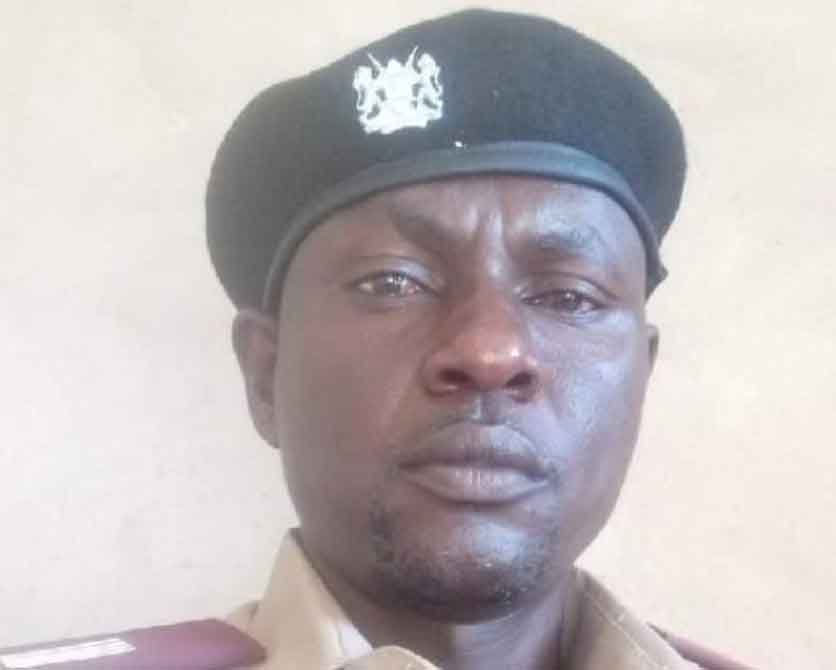×
The Standard e-Paper
Smart Minds Choose Us

Makuka Sub location assistant chief Nyamai Kalenga, who was the first government officer to interrogate one of the 3 escapees arrested at Kamuluyuni village in Mwingi East, Kitui County. [Philip Muasya, Standard]
Details have now emerged that the three terrorists who made a daring escape from Kamiti Maximum Prison before being re-arrested in Kitui county had a well-organised escape plan which saw them methodically avoid some of the heavily manned roads by police in lower Eastern.